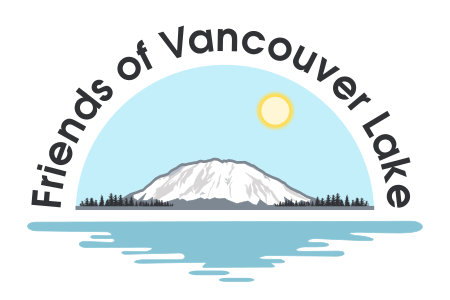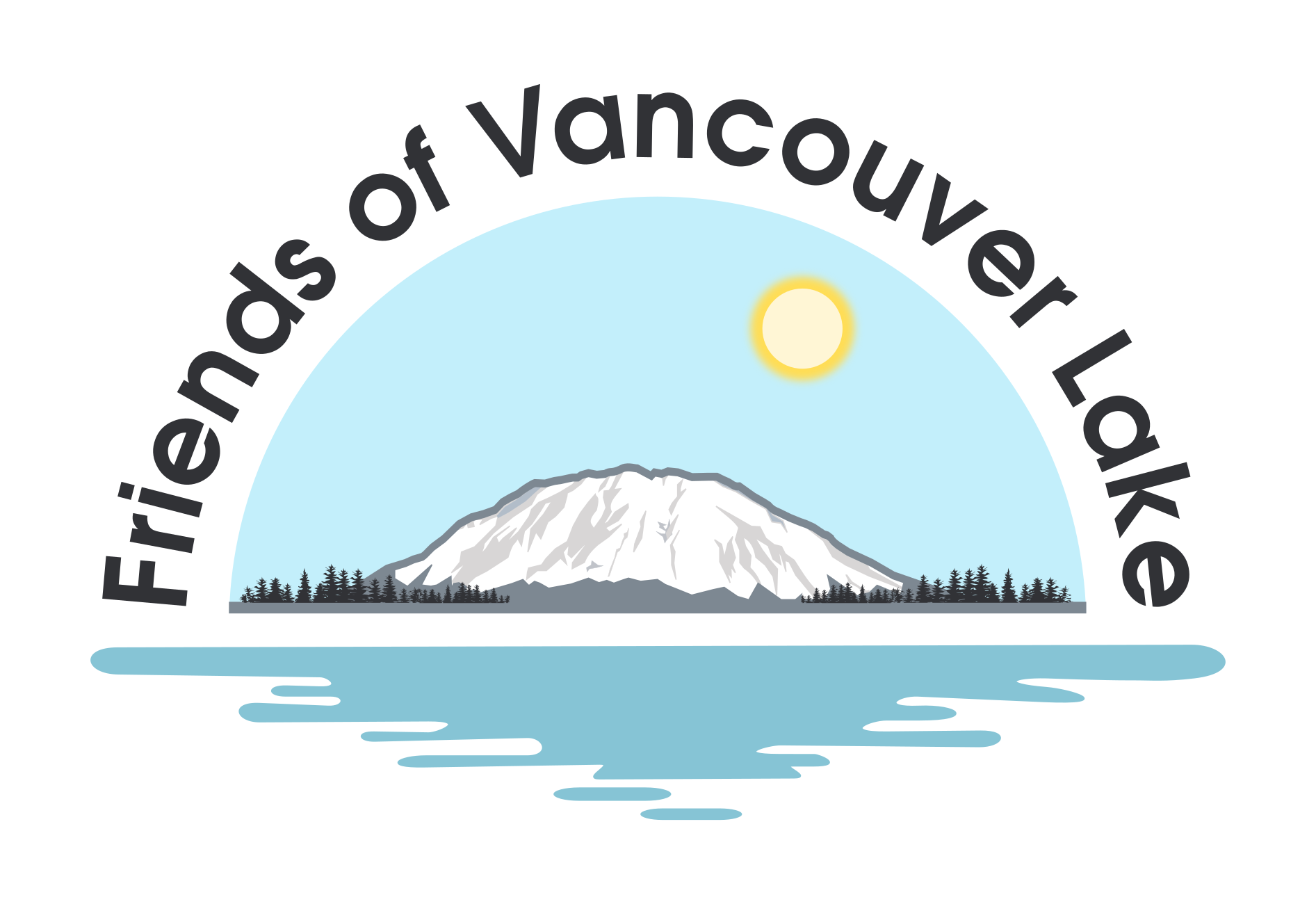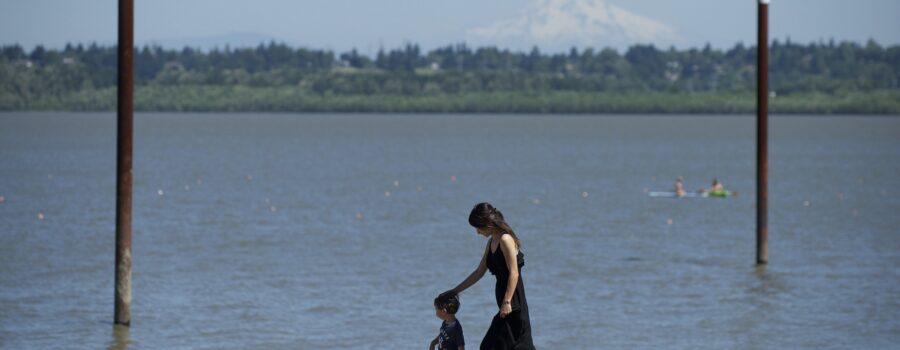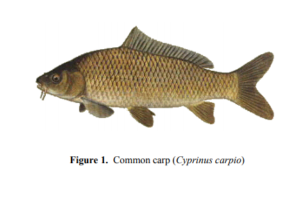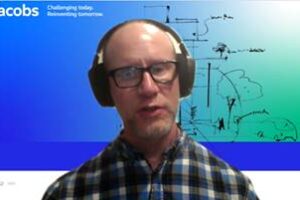A decade-long partnership dedicated to Vancouver Lake will step into the background, announcing a handoff of sorts to a Portland-based nonprofit this month.
The Vancouver Lake Watershed Partnership won’t walk away from its namesake ecosystem entirely. The group led by the city of Vancouver, Clark County and the Port of Vancouver will still play a role in supporting the scenic but troubled lake. But the Lower Columbia Estuary Partnership will take the lead in promoting and generating community interest in Vancouver Lake, seen by many as a valuable if underappreciated local treasure.
“It’s an amazing resource,” said Chris Hathaway, deputy director of the Lower Columbia Estuary Partnership. “It’s a challenging ecological problem, for sure, but we’re hoping to more thoroughly engage everyone around here.”
Vancouver Lake is the largest natural lake system in Clark County. The sprawling but shallow body covers 2,300 acres in west Vancouver. It’s also plagued by toxic algae blooms, pollution and other problems.
The Vancouver Lake Watershed Partnership formed in 2004 largely in response to the algae blooms that routinely closed the lake to the public and created a health hazard. The group spearheaded extensive study that leaders say greatly increased local understanding of the lake and its ecosystem. Discussions during the past year have centered around what should happen next.
“We don’t have the resources to continue to take on such a huge project,” said Don Benton, Clark County’s environmental services director.
As the estuary partnership takes on a greater role at Vancouver Lake, the players behind the original partnership will still be involved, Benton said. The group won’t hold regular meetings anymore, but it won’t forget the work that’s been done, either, he said.
“This has been in existence for a long time,” Benton said. “There’s a lot of knowledge there over the years, and we don’t want that to just dissipate.”
The estuary partnership will primarily focus on education and events in its efforts to promote Vancouver Lake, Hathaway said. Among the first events is a community paddle on the lake planned for later this month.
The Lower Columbia Estuary Partnership takes on a range of habitat restoration, monitoring and stewardship work on and around the Columbia River. Its reach extends roughly from Bonneville Dam to the river’s mouth at the Pacific Ocean.
The estuary partnership — which was a member of the Vancouver Lake Watershed Partnership — won’t emphasize restoration work and research at the lake, Hathaway said. But the organization will seek possible grants if there’s an opportunity to advance the work that’s already been done, he said.
“We’re going to look at Vancouver Lake with fresh eyes,” Hathaway said. “There’s certainly more work that needs to be undertaken to better understand the lake and its challenges.”
